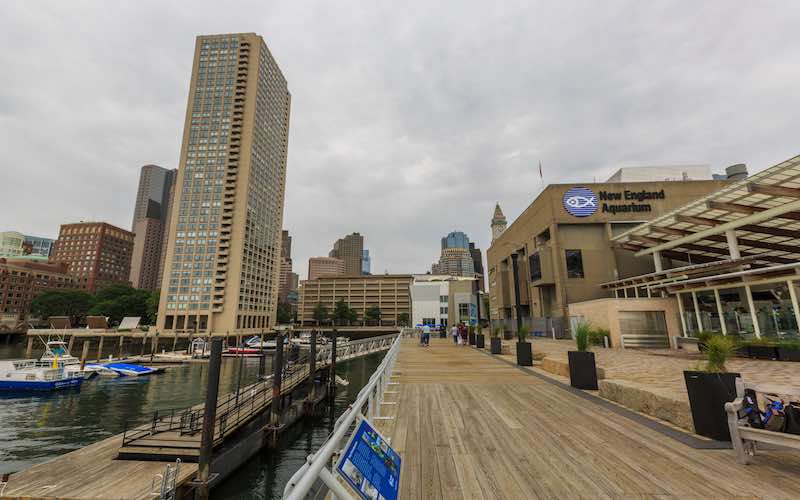
Photo: EcoPhotography
June 21, 2018 (BOSTON) – Conservation Law Foundation (CLF) announced its intent to file a lawsuit today in response to the approval of the Downtown Waterfront District Municipal Harbor Plan (MHP) by Massachusetts Secretary of Energy and Environmental Affairs Matthew Beaton. The notice letter states that the City of Boston failed to seriously engage stakeholders, and Secretary Beaton and Massachusetts Department of Environmental Protection Commissioner Martin Suuberg damaged public trust interests by ignoring decades-old rules that govern waterfront development and protect public access.
“Both the public at large and the appeal of Boston’s waterfront come out ahead when waterfront plans include ample public spaces and impose reasonable limits to height and density, as current law requires,” said Bradley Campbell, president of Conservation Law Foundation. “In this plan, the city allowed the dictates of developers to trump the rules, and the state in turn blessed the city’s approach with tortured reasoning, justifications, and trade-offs that were never even part of the public process. CLF will ask the courts to declare this plan unlawful, and end the pattern and practice of shortchanging the public trust.”
Secretary Beaton acknowledged in his April 30th decision that the City of Boston failed to take the considerations of stakeholders and the public into account, which should have forced the plan’s denial. Instead, the Secretary substituted his own values for bipartisan standards of waterfront development that have been in effect for decades when he approved the MHP. As a result, the public will lose greater access to Boston’s waterfront and inappropriately large projects can be built.
Although the Downtown MHP Advisory Committee held public meetings, committee members complained toward the end of the years-long process that their role and input were being “discouraged if not ignored.” The real debates took place behind closed doors in City Hall with the developers.
The Secretary’s decision also arbitrarily abandons principles governing waterfront development in place since 1990, particularly standards that waterfront buildings should step down in height as they approach the water’s edge and that ample waterfront space and public facilities should be provided for public use and enjoyment adjacent to development. The decision authorizes the construction of one of Boston’s ten tallest buildings, immediately adjacent to the harbor front.
CLF experts are available for further comment.
###

